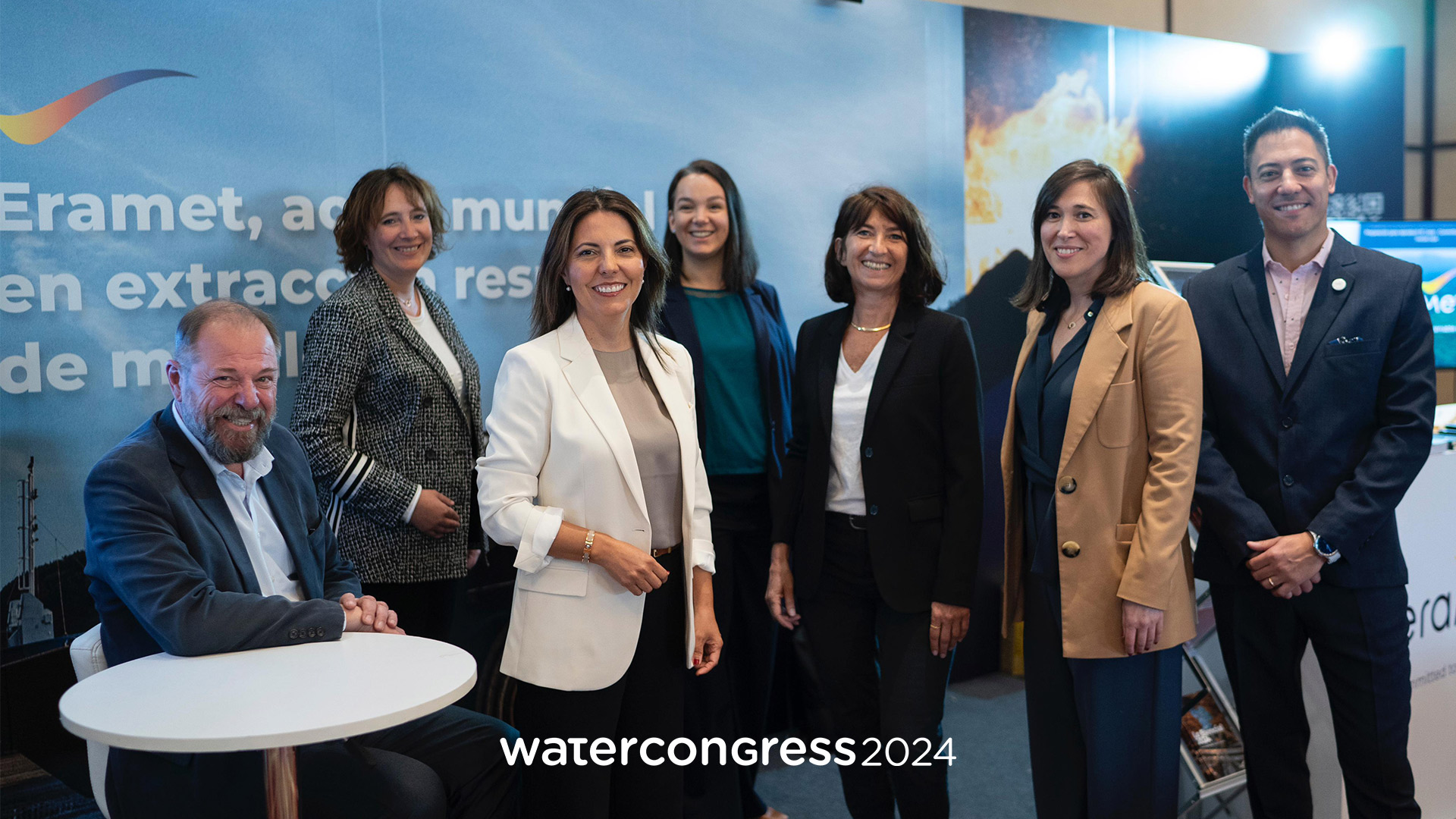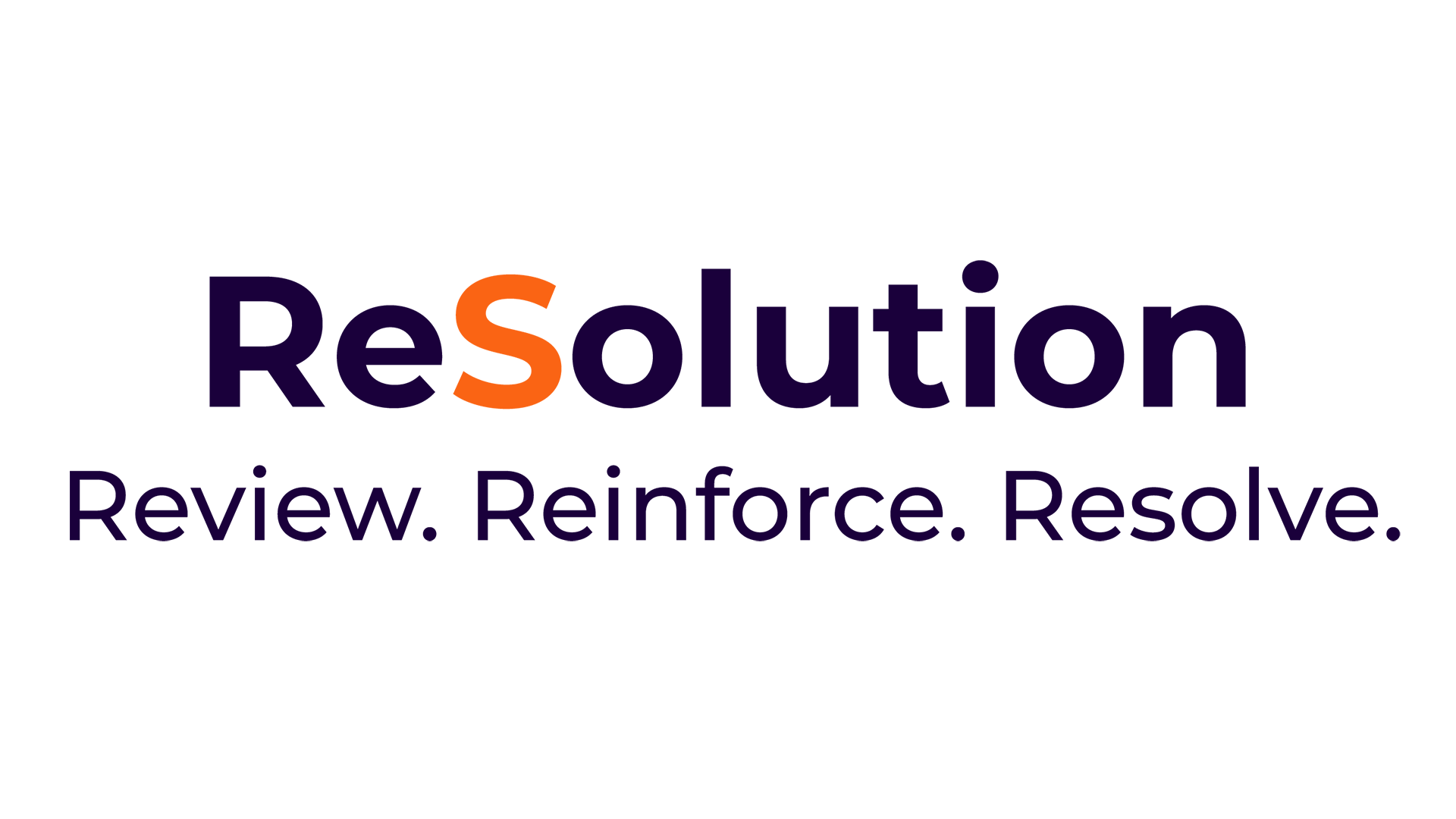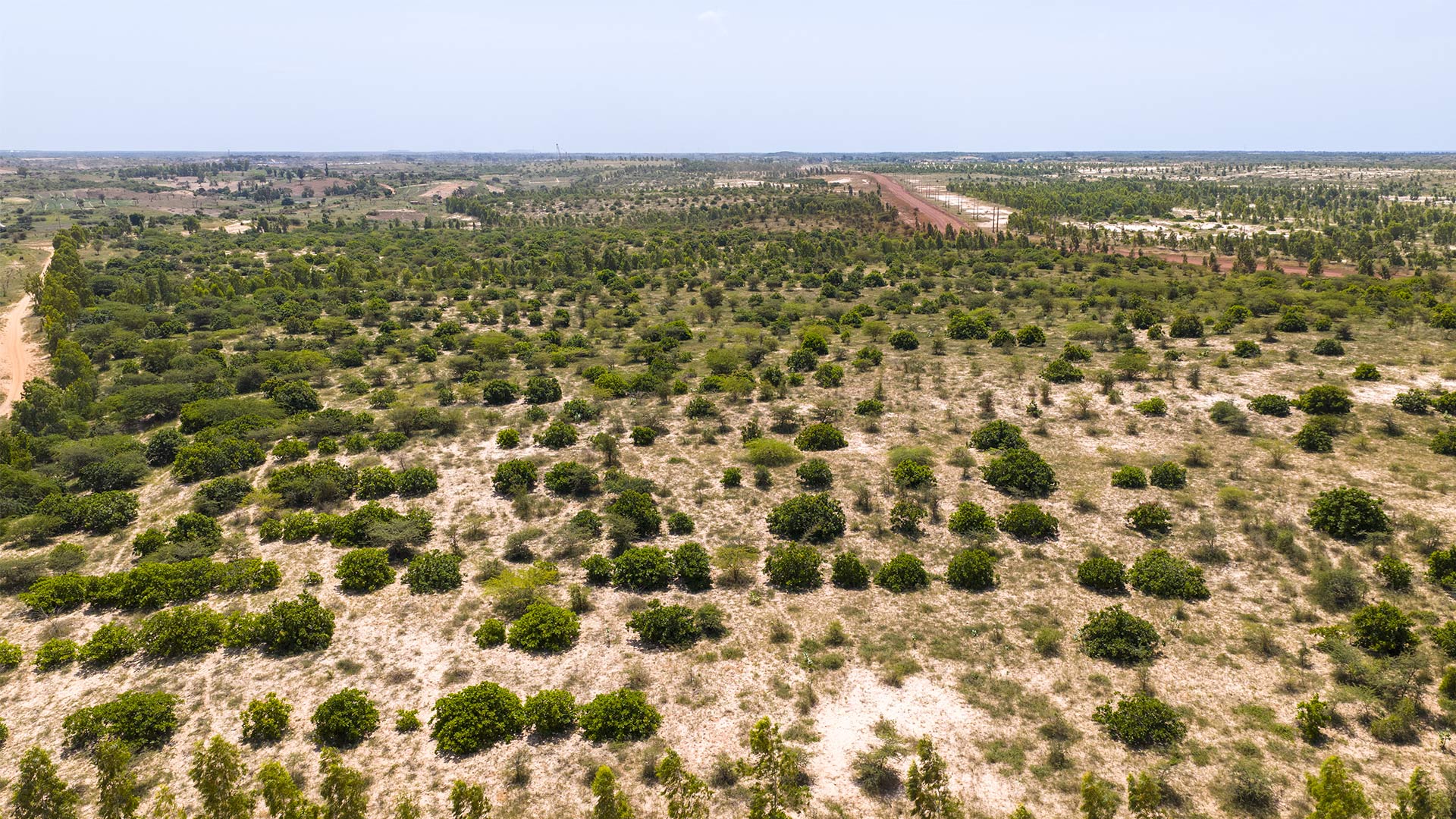From September 4 to 6, Eramet took part in the Water Congress, the international congress on water management in mining and industrial processes. Ingrid Oyarzún, President of Eramet Ideas, chaired this 12th edition over 3 days in Santiago, Chile, accompanied by her team. Representatives of Eramine, Eramet’s subsidiary in Argentina, and Christine Dénériaz, Group Environment Director, were also present.
This event brings together experts, industrialists, governmental and regulatory authorities from all over the world to discuss issues related to water resources, such as supply, inventory and characterization of sources, security of supply, climate change and desalination.
It is organized by the Faculty of Mining Engineering of the University of Chile, the Center of Water Resources for Agriculture and Mining of the University of Concepción, SMI-ICE-Chile, the Cheikh Anta Diop University of Dakar (Senegal) and Gecamin.
Rigorous water management throughout the Group
Because water is essential to the mining industry, it is crucial to manage it sustainably.
At Eramet, it is used to cool pyrometallurgical furnaces and to transport, process and wash ores. That’s why the Group does its utmost to reduce consumption, through recycling for example; and to preserve the resource, sometimes shared with local populations, particularly in water-stressed areas.
This is the case in Senegal, in the desert area of Diogo, where Eramet Grande Côte operates a mineral sands mine. In addition to withdrawing only the quantity of water strictly necessary for its activities, Grande Côte has set up a deep groundwater pumping system to avoid using water from the surface water table – all under the regular supervision of the Senegalese government. In addition, this process recycles around 50% of the water consumed and replenishes the surface water table.
Several thousand kilometers away, in Argentina, Eramet also operates a lithium production plant. Thanks to its research and innovation center, the Group has developed a unique and innovative direct lithium extraction (DLE) process, the most water-efficient on the market, and while the process does require fresh water, 60% of the water consumed is recycled.





